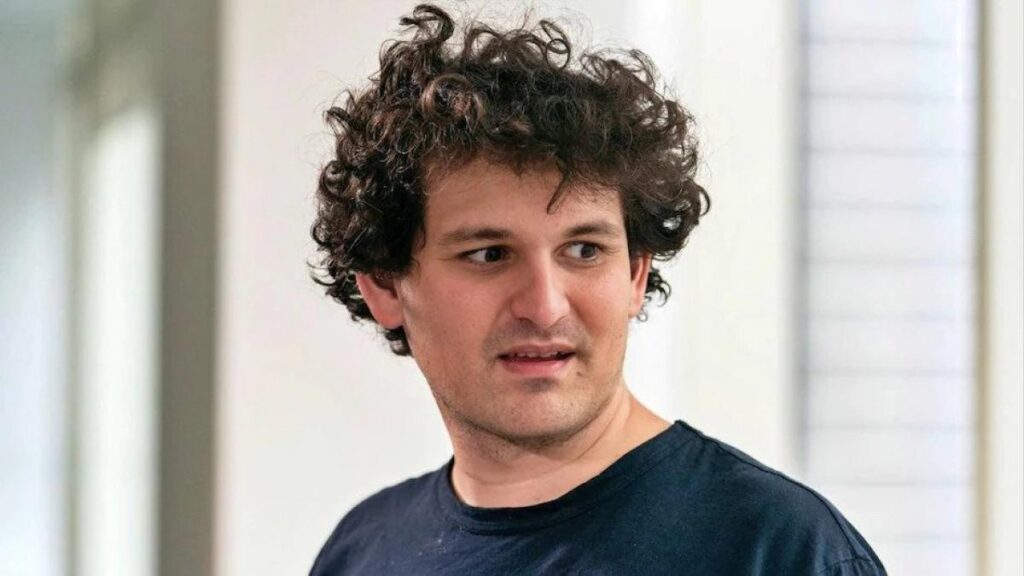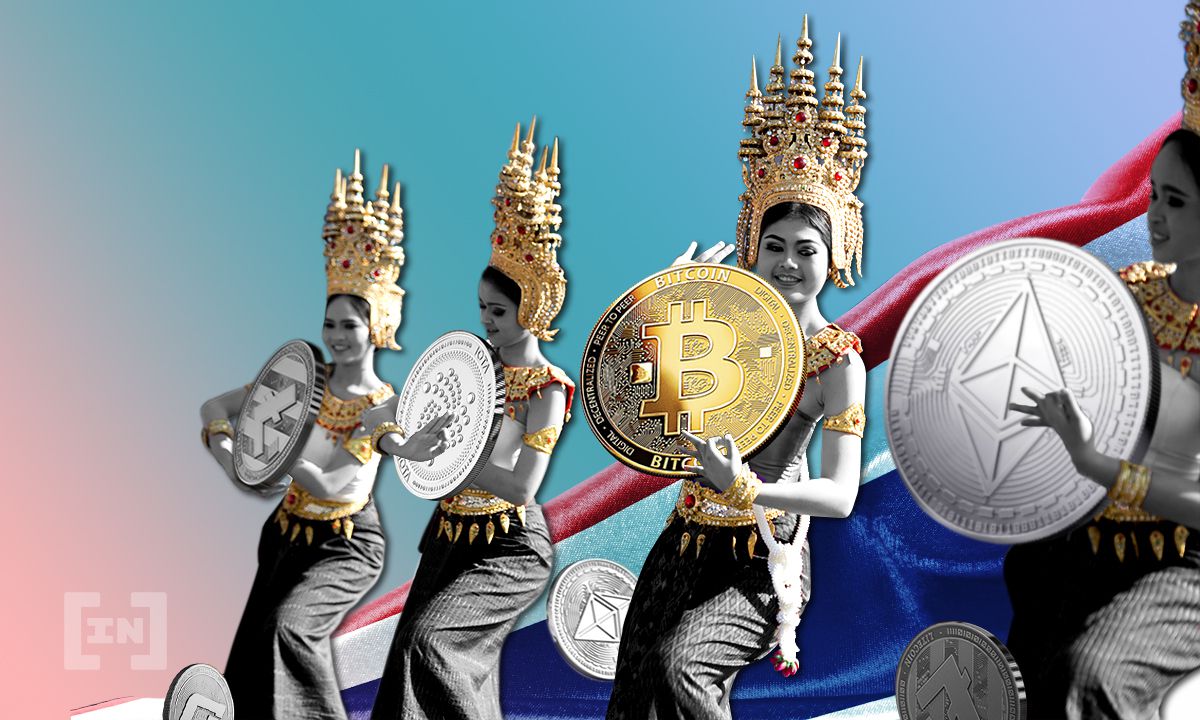
After quickly amassing political and philanthropic influence, the former billionaire has been arrested for fraud.
As recently as the summer of 2022, Sam Bankman-fired was the boy wonder face of crypto:a 30-year-old who founded one of the biggest cryptocurrency exchanges in the world, a celebrated philanthropist worth an estimated $16 billion, and a major Democratic donor who quickly found favor in Washington. By early November, he was at the center of an epic flameout that left his empire and his image as an uncannily sharp, altruistic billionaire in ruins.
In December, Bankman-Fried was arrested in the Bahamas and charged with wire fraud, securities fraud, and money laundering, among other things; he has since been extradited to the US and released from jail on a $250 million bond — according to Reuters, the largest-ever pretrial bond. A trial date has not been set, but it is expected to take place in the Southern District of New York. Caroline Ellison and Gary Wang, two former top executives at Bankman-Fried’s companies, have pleaded guilty to several fraud charges and are cooperating with federal prosecutors in the investigation. The Securities and Exchange Commission has also separately charged Bankman-Fried, Ellison, and Wang with defrauding FTX investors.
In the annals of crypto disasters, the tale of Bankman-Fried may go down as one of the most jaw-dropping. He resigned from his crypto exchange, FTX, as it collapsed from a domino effect of a surge in customers trying to withdraw their funds, and the company filed for bankruptcy. The Wall Street Journal reported that Bankman-Fried may have illegally taken about $10 billion in FTX customers’ funds for his trading firm, Alameda Research, whose future is also in peril. And Bankman-Fried is now worth close to nothing.
The downfall of FTX isn’t a typical story of crypto’s volatility or investor risk-taking; it crumbled not due to bad luck, but due to what now appears to be unsustainable layers of deception. On the surface, FTX appeared to be thriving — in the past year, it made several high-profile acquisitions and bailed out other failing crypto companies. In reality, it was drowning in debt. At least $1 billion in customer funds is reportedly missing. The stunning contrast between image and reality has resulted in Bankman-Fried facing a reputational fall from grace swifter than any in recent memory. The Justice Department and SEC began investigating FTX immediately after its collapse, and his friends and admirers in crypto, philanthropic, and political circles have quickly begun distancing themselves from the man widely dubbed the king of crypto.
A senior Democratic strategist who spoke on condition of anonymity to protect their clients told Vox that politicians who’ve received donations from Bankman-Fried, who spent around $40 million during the midterm election cycle, are considering returning that money. A few, including Sens. Dick Durbin (D-IL) and Kirsten Gillibrand (D-NY), have said they plan to donate Bankman-Fried’s contributions to charity.
On November 10, Bankman-Fried publicly apologized. “I fucked up, and should have done better,” he wrote on Twitter. “I also should have been communicating more very recently.” He pointed to “a poor internal labeling of bank-related accounts” as one reason why FTX didn’t have the liquidity to return money to clients.
In the last year, Bankman-Fried had soared to buzzy prominence as a paragon of how the ultra-rich, who have seemingly endless wealth, might use it for good. He’s been the subject of countless profiles; he was on the cover of Fortune’s September issue. The media portrayed him as an unassuming, nerdy savant, frequently noting his down-to-earthiness, his messy mop of hair, his penchant for wearing T-shirts and shorts, and his Toyota Corolla. Investors were enamored of the fact that he wasn’t a buttoned-up entrepreneur; he played computer games during pitch meetings, and like other modern-day founders, his eccentricities were taken as proof of his distinct genius.
Bankman-Fried, meanwhile, came off as a billionaire refreshingly unimpressed by the glitz and pomp of a typical billionaire’s lifestyle. The FTX Foundation, Bankman-Fried’s philanthropic arm, says it has donated over $190 million to date. (Disclosure: This August, Bankman-Fried’s philanthropic family foundation, Building a Stronger Future, awarded Vox’s Future Perfect a grant for a 2023 reporting project. That project is now on pause.)
“It’s hard to spend more than millions a year in an effective way on yourself, even if you wanted to,” he told Yahoo Finance earlier this year. “And I think that’s why we see superyachts — because a lot of people literally can’t figure out anything else to do with their money.”
But Bankman-Fried seemingly had figured it out. That he had articulated a data- and evidence-based plan for how to give away his wealth is, in part, what makes his downfall so stunning. Who is Bankman-Fried if not a political megadonor? Who is he if not a philanthropist and not a billionaire? Who was he all along?





